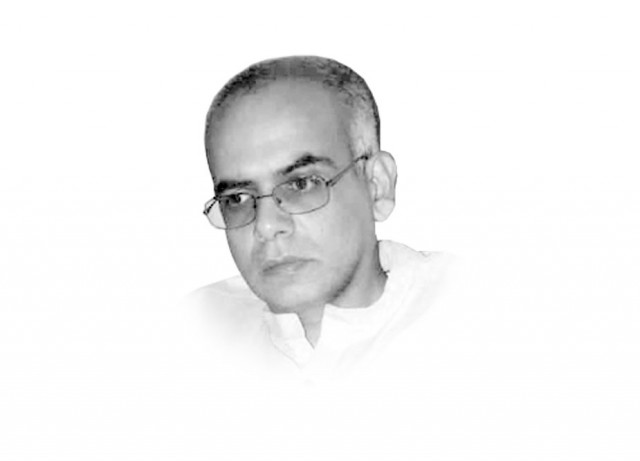The phenomenon of Muslim foreign fighters
‘War on terror’ seems to have hampered prospects of social integration of Muslims living in West, especially the youth

The phenomenon of Muslim foreign fighters
As part of our ongoing research at McGill University on social cohesion challenges confronting Muslim diasporic communities in multicultural societies like Canada in the post-9/11 context, we recently organised a seminar focusing on this issue of Muslims born in the West, and why they become involved in the ongoing conflicts across the Muslim world.
Chris Anzalone, a researcher at McGill’s Institute of Islamic Studies, was one of the speakers at this event. He rightly pointed out that despite recent attention on Muslims from the West traveling to engage in militant activism in Somalia, Iraq, Mali, Algeria, Afghanistan, Pakistan, Chechnya and Syria, the mobilisation of foreign fighters to participate in conflicts abroad is nothing new. Lord Byron, the famous English Romantic poet, Davy Crockett, the “king of the wild frontier” and Vidal Sassoon, the British Jewish founder of a hair care product empire, were also foreign fighters. Another scholar, affiliated with the University of Toronto, further highlighted differences in motivations of current Muslim foreign fighters. These may include a sense of ‘armed humanitarianism’ to go help Syrian civilians being massacred by the Assad government, for example. Foreign fighters can even be motivated by more nationalist sentiments, as in the case of some of the US and Canadian Somali youth, who traveled to Somalia to fight against the Ethiopians.
Moreover, the reasons for foreign fighting can shift once on the ground due to heavy ideological indoctrination by certain armed groups like Al-Shabab, Jabhat al-Nusra, or the Islamic State. Individuals who travel abroad wanting to become foreign fighters can also experience a shift in their goals and become convinced to return home and attempt to perpetrate violence in their own home countries. It is this group which Western governments are afraid of the most.
Addressing this problem is, however, not easy. The ongoing ‘war on terror’ seems to have not only escalated conflicts in the Muslim world, but also hampered prospects of social integration of Muslims living in the West, especially the youth. Not surprisingly, the average age range of militants in Europe, Canada and the US ranges from the twenties to the early thirties.
Although Western media coverage often portrays foreign fighters in an essentialist and stereotypical manner, yet how and why Muslim youth become radicalised and involved in conflicts abroad varies. A recent study on militancy in Canada found that it was not uncommon for the individuals accused or convicted of being involved in militancy to be recent converts. Many of those who turn to militancy come from troubled backgrounds. They also seem to have limited knowledge about Islam, including its diverse historical, literary, theological and legal heritages, which fuels their radicalisation.
Instead of strengthening a culture of surveillance, which could further antagonise and isolate Muslim youth, Western governments should put more effort into exploring means to redress their social isolation, identify means for them to contribute more constructively to multicultural societies and even engage them in constructively alleviating the suffering surrounding conflicts across the Muslim world, rather than becoming embroiled in them.
Published in The Express Tribune, October 11th, 2014.
Like Opinion & Editorial on Facebook, follow @ETOpEd on Twitter to receive all updates on all our daily pieces.














COMMENTS
Comments are moderated and generally will be posted if they are on-topic and not abusive.
For more information, please see our Comments FAQ